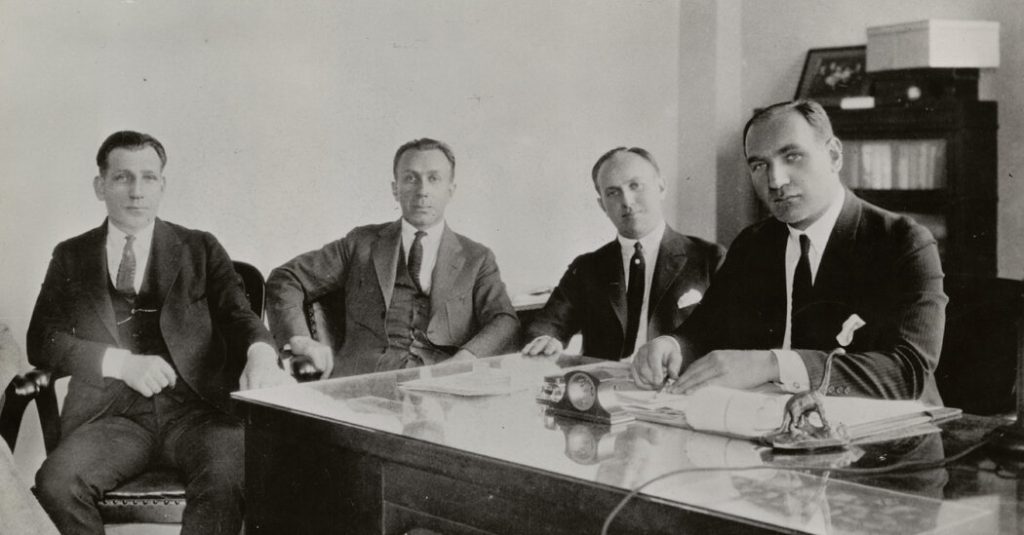The Jews who founded Hollywood were driven by ambition, creative vision, and business instincts, but also by a sense of being American above all else. Despite their significant contributions to the film industry, they were surprisingly absent from the Academy Museum of Motion Pictures when it opened in 2021. This omission led to criticism and outcry, prompting the museum to create a new exhibit called “Hollywoodland: Jewish Founders and the Making of a Movie Capital” to rectify the oversight. The exhibit highlights the history of Jewish immigrants in Los Angeles and their impact on the development of the film industry through archival footage and a documentary.
The exclusion of Jews from the museum’s original opening may have been a result of various pressures and tensions, including a focus on racial representation and pro-social causes, as well as conflicted feelings among Jews about their place in America. While the museum emphasized diversity and inclusivity in response to movements like #OscarsSoWhite, some critics argue that in highlighting various identity groups, the museum may unintentionally overlook the unifying nature of movies as a medium that transcends differences. Hollywood has played a significant role in shaping American culture and speaking to a broad audience, and this aspect of its impact should not be overlooked.
As Hollywood continues to evolve under the threat of technological advancements and economic pressures, the Academy Museum also adapts to reflect the changing priorities of American audiences. The museum’s core exhibit is in constant flux, with elements being rotated out to make room for new material and reflect the diversity of interests among visitors. This ongoing evolution may provide an opportunity for the museum to move beyond current moments of divisiveness and unintentional oversights, ultimately serving as a more comprehensive and inclusive representation of the film industry and its history.
The Academy Museum’s former director and president acknowledged the criticism of the museum’s original omission of Jews and stated that they took this feedback seriously. The new exhibit dedicated to Jewish founders of Hollywood aims to address this oversight and highlight the contributions of Jewish immigrants to the film industry. Featuring a panoramic view of Los Angeles’ development, a history of the city’s studios, and a documentary on the Jewish story of Hollywood, the exhibit provides a comprehensive look at the legacy of Jewish filmmakers and business leaders in shaping the movie capital.
Despite the efforts to correct the original omission, critics argue that in striving to represent a diverse range of voices and perspectives, the museum may miss the essence of what makes movies a unifying and popular medium. The magic of movies lies in their ability to transcend differences and speak to a broad audience, which is a crucial aspect of Hollywood’s cultural impact. As the Academy Museum continues to evolve and adapt to changing priorities and audiences, there is an opportunity to strike a balance between inclusivity and the ability of movies to create a shared cultural experience.
Overall, the story of Jewish immigrants and their impact on Hollywood is an essential part of the film industry’s history and deserves to be recognized and celebrated. By integrating their contributions into the museum’s exhibits and programming, the Academy Museum can provide a more comprehensive and nuanced representation of Hollywood’s founding and development. As audiences continue to engage with the museum and its offerings, there is an opportunity to reflect on the diverse and complex history of Hollywood and the role of immigrants and marginalized groups in shaping American culture through the magic of movies.


